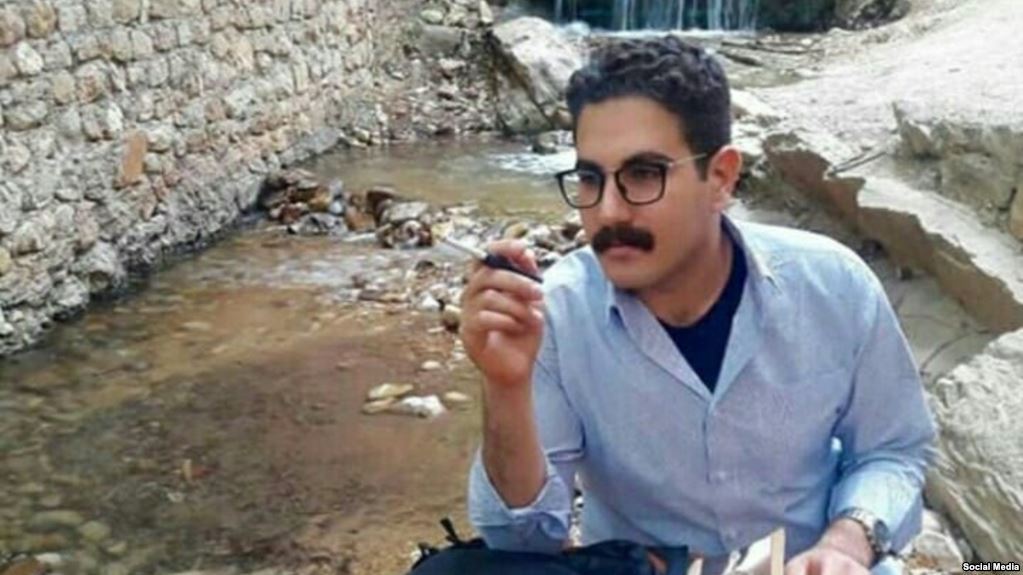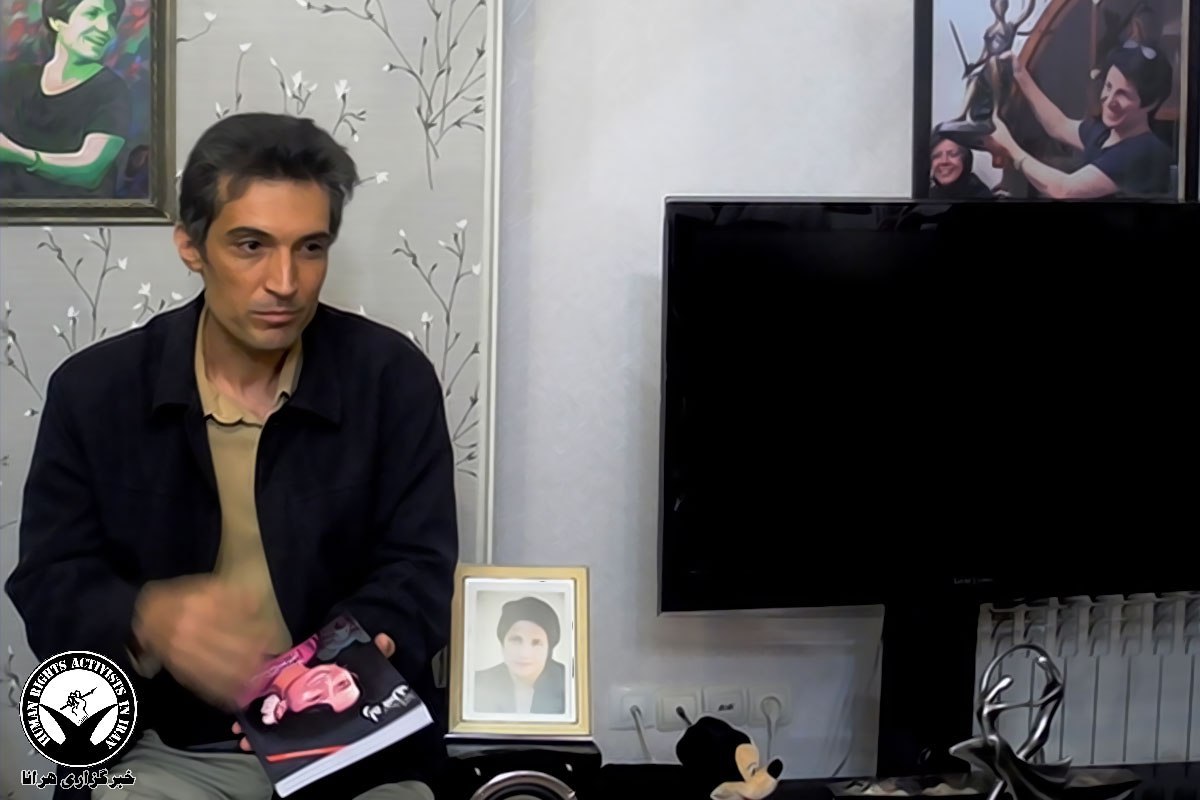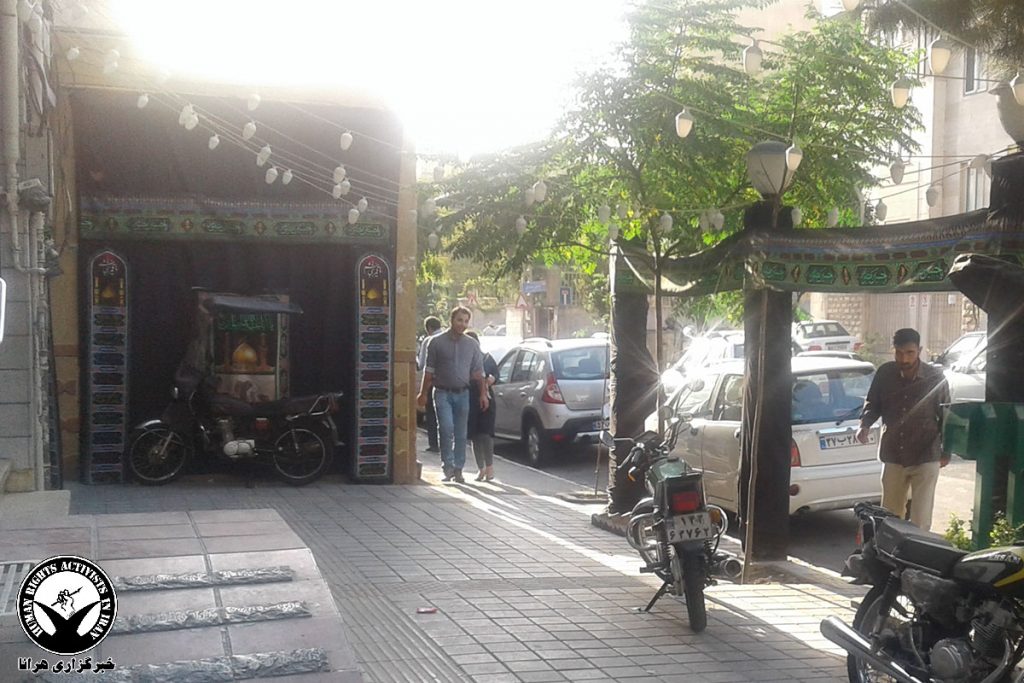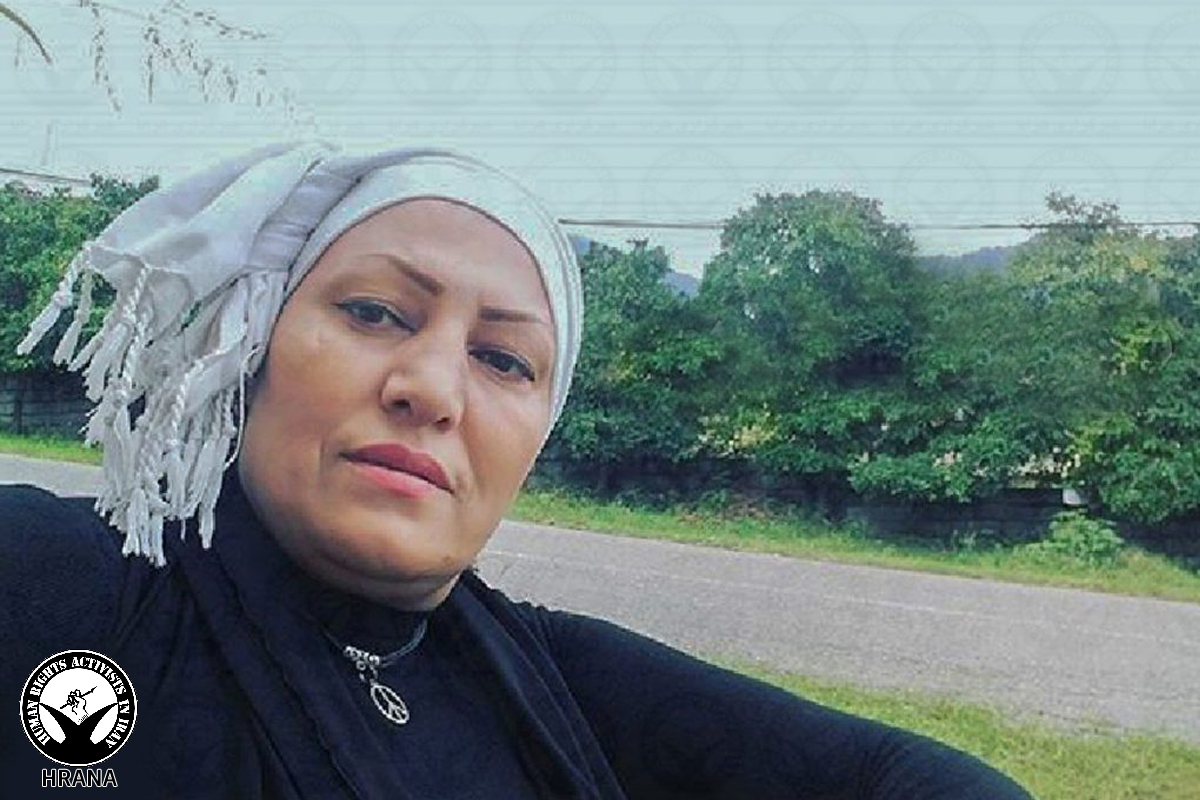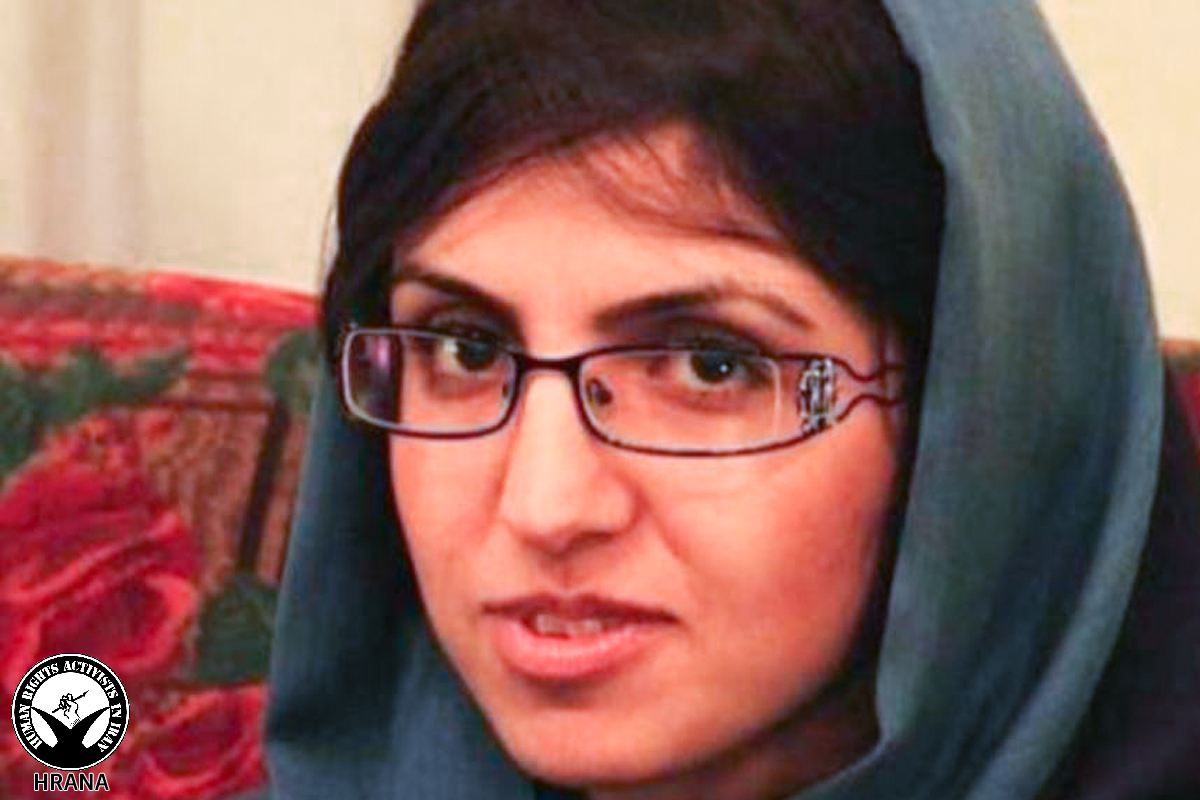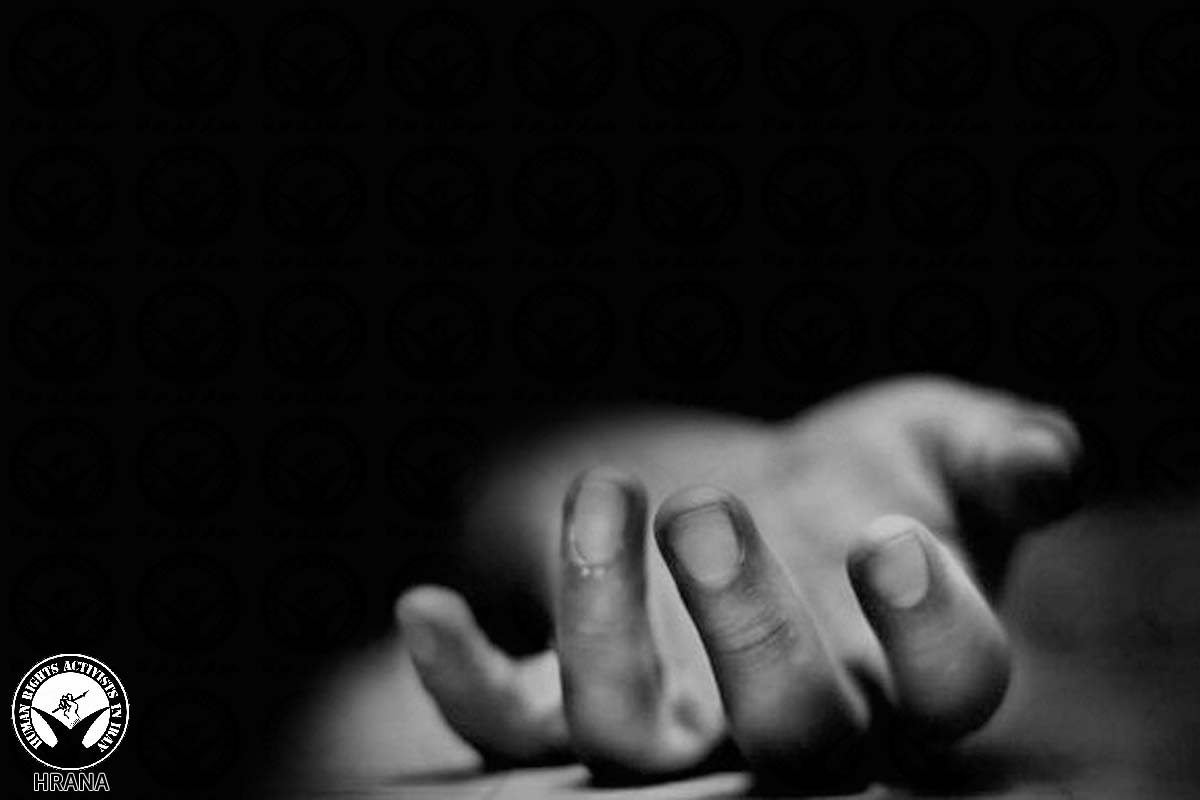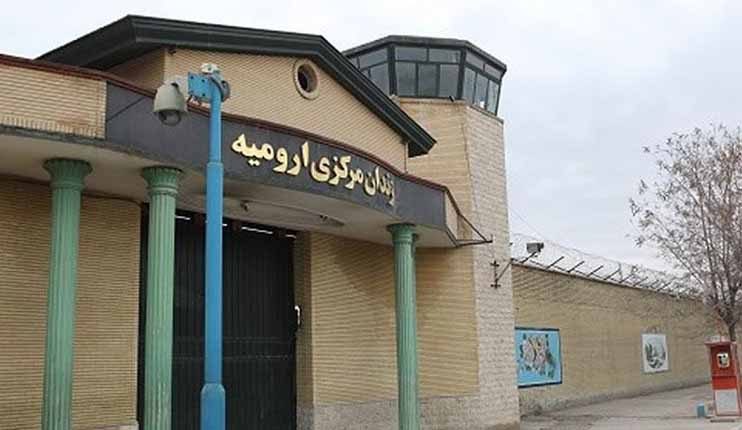Human Rights Activists News Agency (HRANA) – Muharram in Iran has so far delivered on its annual promise of month-long public dirges and processionals in honor of the 3rd Shiite Imam Hossein, who died in battle in the 7th century AD. Filling side streets and alleyways with self-flagellation, drumbeats, and wailing, observers of this religious holiday have more recently come to serve the additional purpose of encroaching on religious minority groups.
If noise pollution, traffic jams, and road blockades don’t seem major issues on their face, religious-minority citizens and eyewitness reports describe Muharram as a month-long “psychological persecution” that has enjoyed a history of strong government sponsorship, especially in non-Shiite locales [1].
Ararat, Tehran resident and member of a religious minority he preferred not to name, told HRANA that the eve of Muharram this year turned “ghastly” when the ceremonies reached his home on Ejarehdar Street and jolted his pregnant wife from her sleep.
“Suddenly, the windows started to tremble from the incessant drumming. You cannot imagine how she was woken up, and how she was shaking,” Ararat said. “Worried that something could have happened to the baby, we decided to go to the hospital.”
Making their way through streets clogged with parades, the route to the hospital that night was a long one.
“We moved in with my wife’s parents in Jajroud [north of Iran]. We were worried something terrible could happen, so we escaped for the safety of our baby.”
The Muharram rituals, according to Ararat, were bearable until a few years ago. Over the past decade, due in part to the failing economy, religious hubs have multiplied in tandem with a decreased public interest in worship. To address waning public participation, Ararat said, congregations have purchased audio equipment to broadcast their Muharram lamentations across greater distances.
“Most congregations consist of only a dozen people with flags and drums, slapping their chests or engaging in self-flagellation,” Ararat said. “They are led by a van carrying loudspeakers blasting the monodies [melodic laments].”
Revelations last year that the city of Tehran had given $14 million USD (55 billion IRR) to religious congregations caused such a stir among Iranians that the current mayor and city council have made clear that such funding would not be available this year. According to HRANA reports and eyewitness accounts, however, the disproportionate national and municipal budgets allocated to associations funding Muharram rituals has already mobilized the practice of such rites into a deliberate and systematic violation of religious minority rights.
Through its construction projects alone, city administrators seem to harbor a wish to maintain Shiite presence in neighborhoods where very few of them live. As one Isfahan tourist put it, Christian, Jewish, and other minority localities look deceivingly like the most Shiite-dominated areas of the city. Shiite congregations dot the map of Tehran’s Felestin (Palestine) neighborhood, which is home to many Jewish residents; the Villa neighborhood in Tehran, predominantly inhabited by Christian Armenians, is home to three Shiite mourning congregations; and several Shiite religious associations are housed in Tabriz’s Barnava district, as well as in the Christian-Armenian neighborhoods of Julfa and Isfahan’s Sangtarashha quarter.
As eyewitnesses attest to a growing fervor in sectarian rituals this year, and as religious-minority neighborhoods become host to some of the largest, most cacophonous dirges in the city, the slight against minority residents is twofold: their local taxes are not only being funneled away from projects that would otherwise benefit them, they are also being pooled into the government’s ideological propaganda campaign. Not to mention the noise.
“You cannot believe the horrendous conditions of our street,” said Ararat, who lives on an arterial sidestreet of Tehran’s Imam Hussein Square, one of many feeder streets into a larger collective mourning ceremony that brings loudly-wailing passersby, at all hours of the day and night, to the square. “I tried to reason with the parade administrators, but they told us it was all for Imam Hussein. They claimed there was nothing we could do, and advised us to stay up these nights to reap our benefits in the afterlife!”
An atheist Tabriz resident told HRANA that in order to escape the 24/7 stream of noise this year, he retreated to a vacation home and took a 10-day leave from work.
“Perhaps those who are religious won’t believe me, but I can’t stand even a second of monodies and chest slapping. We have seen enough of this on TV, at school, and at our universities. Every year, the number of congregations [that carry out these activities] increases. It is as though, by virtue of not being Muslim Shiites, we have no rights, and we do not even exist.”
Government backing of these observances not only violates the rights of religious minorities acknowledged in the Constitution–namely Christians, Jews, and Zoroastrians–but also infringes on the rights stipulated in constitutional articles 19 [2] and 20 [3] pertaining to all Iranian citizens, including Baha’is, Dervishes, Yareshan, Mandayis, and others not expressly protected by law.
[1] Heya’at, religious associations or congregations, are formed via municipal permit process prior to Muharram, the Islamic month in lunar calendar marked by rituals commemorating Imam Hossein. The rituals include the broadcast of loud monodies broadcast through loudspeakers and processions held in the streets, where participants clad in black walk the streets while slapping their chests and chanting.
[2] Article 19: The people of Iran enjoy equal rights, regardless of the tribe or ethnic group to which they belong. Color, race, language, and other such considerations shall not be grounds for special privileges.
[3] Article 20: Members of the nation, whether men or women, are equally protected by the law. They enjoy all the human, political, economic, social, and cultural rights that are in compliance with the Islamic criteria.



